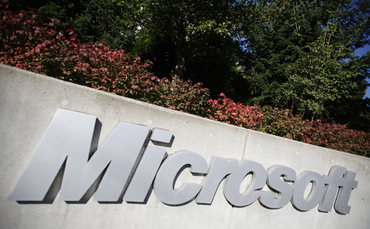European Union (EU) antitrust regulators have fined Microsoft €561m (£485m, $731m) for failing to adhere to commitments to provide European consumers with a choice of web browser.
In 2009, the European Commission (EC) made Microsoft commit to a legally binding promise to allow users to easily choose their own web browser. However, today the EC found that Microsoft had failed to roll out the browser choice screen with its Windows 7 Service Pack 1 from May 2011 until July 2012.

Microsoft loses EU antitrust appeal, faces £688m fine Microsoft to face new investigation by European Commission Microsoft and Google to feel wrath of EU
During that time, 15 million Windows users across the EU's 27 member states were not presented with a screen allowing them to choose their browser. Microsoft has admitted that the choice screen was missing during that period.
The fact that Microsoft broke its previous promise to antitrust regulators is what led to the EC slapping such a large fine on the corporation.
"In 2009, we closed our investigation about a suspected abuse of dominant position by Microsoft due to the tying of Internet Explorer to Windows by accepting commitments offered by the company," said Joaquín Almunia, EC vice-president in charge of competition policy.
"Legally binding commitments reached in antitrust decisions play a very important role in our enforcement policy because they allow for rapid solutions to competition problems. Of course, such decisions require strict compliance. A failure to comply is a very serious infringement that must be sanctioned accordingly," he added.
This decision marks the first time the EC has issued a fine to an organisation for non-compliance with a commitments decision. The fine could have been as much as 10 per cent of Microsoft's global annual revenue - about $7.4bn - but for the fact that Microsoft was seen to be cooperative with the investigation.
The case dates back to 2007, when Norwegian browser developer Opera complained that Microsoft was stifling competition by forcing Internet Explorer on Windows PC users.





